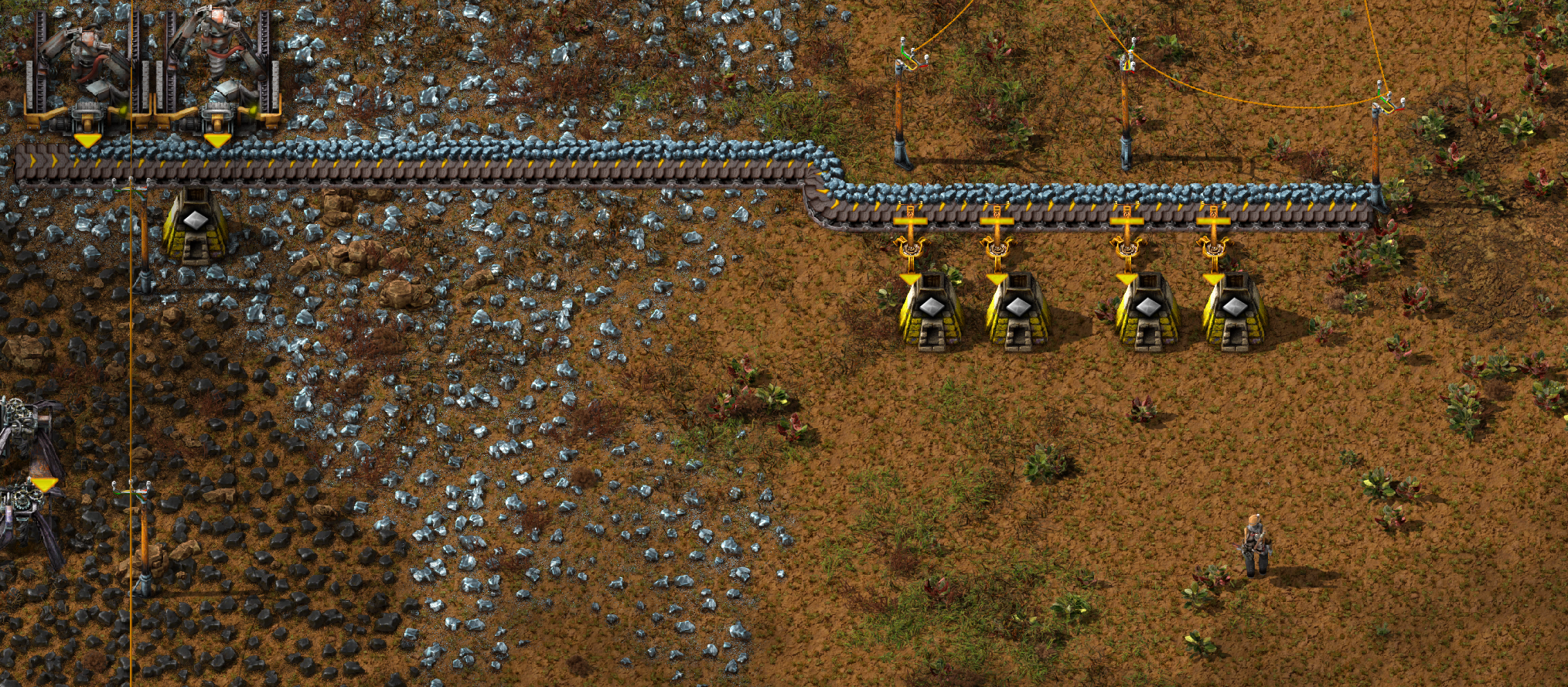Factorio

Factorio is an automation game born in 2013 as a passion project by Prague-based Wube Software. The game places players on an alien planet where they must build and maintain factories while defending them from hostile native creatures.
Byrne Hobart describes this as a meditative game
I find the process of building and optimizing factory systems in Factorio to be strangely calming. Despite the complexity of managing resources, production lines, and logistics networks, there’s something deeply satisfying about watching a well-designed factory operate efficiently. The game rewards systematic thinking and encourages players to continuously improve their designs—skills that translate well to real-world problem-solving.
The Factorio Mindset in Daily Life
What fascinates me most about Factorio is how perfectly it mirrors real-life productivity challenges. When you start a new game, you’re forced to build suboptimal systems because:
- You don’t yet have access to better tools
- You don’t fully understand what you’ll need in the future
- You’re still learning the relationships between different systems
This mirrors our daily lives in profound ways. Think about any skill you’ve developed or system you’ve built:
- When you first learn to code, you write messy, inefficient programs
- When you start a research project, your initial methodology will need refinement
- When you organize a workspace, your first layout rarely survives contact with actual use
The key insight from Factorio that applies to life is this: you cannot build the optimal solution from the start because you don’t yet know what you want or need.
Instead, the process follows a natural evolution:
- Build something basic that works (even if imperfectly)
- Use that system to gain resources and knowledge
- Identify bottlenecks and inefficiencies
- Refine your tools and processes
- Expand capabilities with your improved system
- Repeat the cycle
The beauty of this approach—both in Factorio and in life—is that it embraces continuous improvement rather than expecting perfection from the start. This mindset reduces the paralysis that comes from trying to design the perfect system before taking any action.